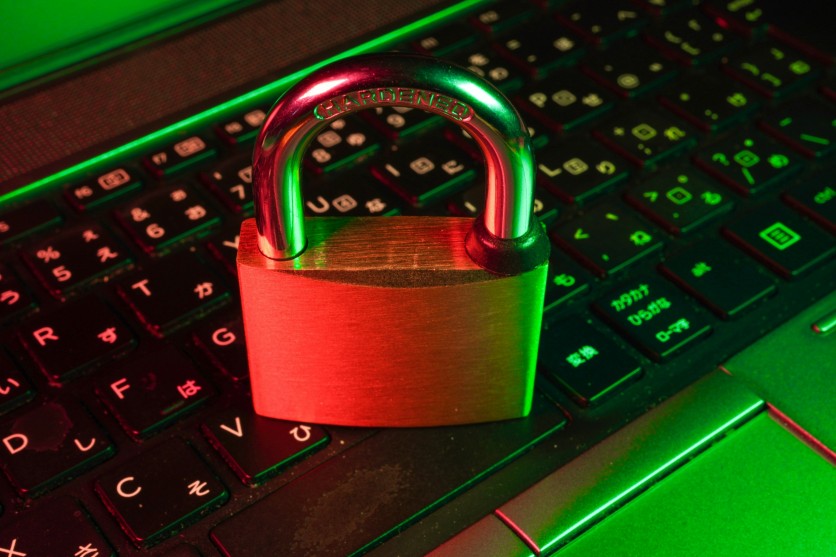In today's connected world, our digital lives hold vast amounts of personal information — from financial records to private conversations. With increasing cyber threats, essential software security is no longer optional; it's a necessity. The right combination of tools can protect against malware, data breaches, and identity theft, ensuring that your information stays safe across all your devices.
Installing must-have security software provides a reliable foundation for online safety. From antivirus protection to secure password management, these tools help maintain control over your digital presence. This article aims to guide readers through the essential software every person should install to build a secure digital life and stay protected in an increasingly risky online environment.
What Is Essential Software for Security?
Essential software security refers to digital tools designed to protect your devices and personal data from unauthorized access, cyberattacks, and data loss. These cyber security tools form the first line of defense in maintaining a secure digital life.
Key categories of essential software include:
- Antivirus software – Detects and removes malware, viruses, and trojans before they can damage your system.
- Firewalls – Act as digital barriers, monitoring incoming and outgoing traffic to prevent unauthorized access.
- Virtual Private Networks (VPNs) – Encrypt your internet connection to secure your online activities and hide your IP address.
- Password managers – Safely store and manage strong, unique passwords for all your accounts.
- Backup software – Automatically saves copies of your files to protect against data loss from system crashes or ransomware.
Each of these components plays a specific role in safeguarding your data. When used together, they create a multi-layered defense system that significantly reduces the risk of digital threats.
Which Software Is a Must-Have for a Secure Digital Life?
Building a secure digital life requires more than one solution. Below are the most essential software tools that every individual should install for comprehensive protection.
- Antivirus Software: Reliable antivirus software, such as Bitdefender, Norton 360, or Kaspersky, provides real-time scanning, automatic updates, and protection against malware and phishing. Many also include ransomware shields that block unauthorized file encryption, ensuring your data remains safe.
- Firewall Protection: Firewalls like GlassWire or ZoneAlarm provide visual network monitoring and intrusion prevention. They help detect suspicious activity, giving you greater control over what connects to your system.
- Virtual Private Networks (VPNs): VPNs such as NordVPN, ExpressVPN, or Surfshark encrypt your connection and mask your identity online. They're essential when using public Wi-Fi, keeping hackers from intercepting your personal information. VPNs also help bypass geo-restrictions safely and privately.
- Password Managers: Tools like 1Password, Dashlane, or Bitwarden create and store complex passwords and automatically fill them when needed. This prevents password reuse — a major cause of data breaches — and ensures your credentials remain protected behind strong encryption.
- Backup and Recovery Software: Backup programs such as Acronis True Image, iDrive, or Backblaze safeguard your files by storing copies on the cloud or external drives. In the event of data corruption or ransomware attacks, you can easily restore your data without losing valuable files.
These essential software categories complement each other, forming a secure ecosystem. Antivirus and firewalls prevent unauthorized access, VPNs secure your connection, password managers protect credentials, and backup software ensures data recovery. Together, they create a balanced and proactive digital security strategy.
Read more: Why Cybersecurity Must Evolve to Protect the Internet Itself, Not Just the People Using It
How to Choose the Right Software for Personal Digital Security
Choosing the right security software depends on your personal needs and digital habits. Here are key factors to consider:
- Comprehensive Protection: Select software that provides multiple layers of defense — antivirus, firewall, and VPN features all in one package are ideal.
- Ease of Use: Look for user-friendly interfaces with clear settings and automatic updates to maintain protection effortlessly.
- Compatibility: Ensure the software works seamlessly across your devices and operating systems, including Windows, macOS, iOS, and Android.
- Regular Updates: Frequent updates are crucial for defending against new and evolving threats. Choose programs that automatically refresh their security databases.
- Reputation and Reviews: Always check reviews from reputable sources to confirm the reliability and quality of customer support.
Prioritizing trusted brands with transparent privacy policies ensures your information is handled safely. Avoid software that demands unnecessary permissions or has unclear data-sharing practices.
Conclusion
In the digital age, protecting your personal data is more important than ever. Installing essential software security ensures your information, identity, and devices remain protected from cyber threats. The right combination of antivirus, VPN, password management, firewall, and backup tools helps create a secure and balanced digital environment.
For anyone aiming to maintain a secure digital life, these must-have software tools are not just recommended — they are vital. Staying proactive, updating regularly, and maintaining awareness of digital risks are key steps toward long-term online safety and peace of mind.
Frequently Asked Questions
1. What software is essential for securing my computer?
Antivirus, firewall, VPN, password manager, and backup tools are the five essential types of software for computer security. Each addresses a unique aspect of online protection.
2. How does VPN software protect my digital life?
A VPN encrypts your internet connection, preventing hackers, advertisers, and even your internet provider from tracking your activity or stealing sensitive data.
3. Are free security software tools reliable?
Some free tools, like Avast or Bitdefender Free, provide decent protection. However, premium versions usually offer stronger security, fewer ads, and better support.
4. How often should I update my security software?
You should enable automatic updates whenever possible. Regular updates keep your protection up to date against new malware and vulnerabilities.
ⓒ 2026 TECHTIMES.com All rights reserved. Do not reproduce without permission.





